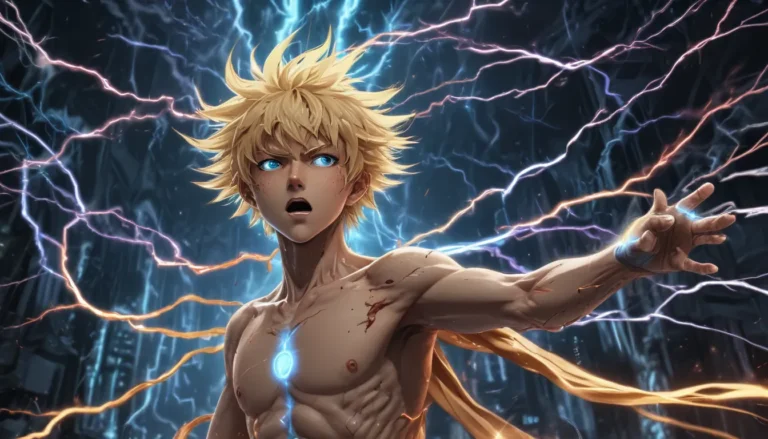Understanding Dreams of Dead People: Meaning and Interpretation

Dreams about death can be unsettling, but they are a common occurrence. Many people find themselves dreaming about deceased loved ones, engaging in conversations with them. These dreams often reflect unresolved emotions, grief, and the need to come to terms with loss.
Exploring the Symbolism Behind Dreams of Dead People
In the realm of dreams, death is not always literal but symbolizes endings and transitions in waking life. Dreaming of a deceased person may indicate a need to let go of something or move forward. It can mark the end of an old chapter and the beginning of something new.
A visit from a dead person in a dream may signal the importance of closure and the acceptance of change. It can serve as a gentle nudge to release the past and embrace the future. While these dreams can evoke strong emotions, they also offer valuable insights and opportunities for growth.
Decoding the Messages in Dreams of Dead People
Dreams of dead individuals often convey meaningful messages that can be deciphered with careful reflection. They may serve as warnings, reminders, or encouragement to address neglected aspects of life. While these dreams can be unsettling, they hold valuable lessons for those willing to explore their meanings.
Benefits of Dream Journaling
To unlock the full potential of dream analysis, it is essential to journal your dreams. By documenting details such as surroundings, emotions, and interactions immediately upon waking, you can gain clarity and insight into their significance. Dream journaling allows for deeper introspection and a clearer understanding of subconscious messages.
Interpreting Common Dream Scenarios of Dead People
Different dream scenarios involving deceased individuals can have varying interpretations based on context and personal associations. Here are some common dream scenarios and their potential meanings:
1. A Dead Person Inviting You to Go With Them
- Symbolizes the need to let go of the past and embrace reality
- Represents the fear of being alone or reluctance to face change
- Could also serve as a symbolic representation of mortality and acceptance of death
2. Resistance to Going With the Dead Person
- Signifies overcoming a dangerous situation or potential harm
- Highlights self-preservation and vigilance in waking life
- Encourages awareness and caution in navigating challenges
3. Conversations with Deceased Parents
- Reflects coming to terms with parental loss and honoring their memory
- Expresses deep-seated emotions of love, fear of loss, or unresolved issues
- Offers guidance, support, or closure in familial relationships
4. Interactions with a Dead Child
- Indicates the need to process grief and acceptance of loss
- Symbolizes emotional healing, closure, and resolution of past traumas
- Facilitates the release of suppressed emotions and fosters inner peace
5. Shared Meals with Dead Individuals
- Represents a desire for connection, understanding, or closure
- Serves as a reminder to prioritize self-care and well-being
- Encourages attunement to physical, emotional, and spiritual needs
6. Communications with a Deceased Partner
- Signifies contentment, happiness, and fulfillment in relationships
- Validates the strength of emotional bonds and mutual respect
- Foretells a promising future and harmonious partnerships
7. Dialogues with Dead Relatives or Siblings
- Conveys feelings of loss, nostalgia, or the need for connection
- Offers guidance, warnings, or insights from departed loved ones
- Encourages communication, reconciliation, and healing in family dynamics
8. Requests for Help from Dead Siblings
- Indicates unresolved issues, guilt, or burdens in waking life
- Urges prompt action, resolution, and closure for peace of mind
- Highlights opportunities for growth, forgiveness, and self-reflection
9. Offer of Assistance from Deceased Grandparents
- Symbolizes support, wisdom, and blessings from ancestral spirits
- Portends positive outcomes, success, and guidance in life’s journey
- Encourages appreciation, gratitude, and connection to family roots
Embracing the Wisdom of Dreams of Dead People
While dreams of dead individuals may evoke mixed emotions and uncertainties, they offer profound insights into our subconscious minds and innermost desires. By exploring their symbolism, messages, and nuances, we can gain clarity, closure, and newfound perspectives on life’s challenges.
Dreams of dead people serve as mirrors reflecting our deepest fears, hopes, and aspirations. They prompt us to confront our fears, embrace change, and cherish the memories of those we hold dear. Through introspection, journaling, and interpretation, we can unravel the mysteries of our dreams and harness their transformative power in waking life.
In conclusion, dreams of dead people are not merely figments of our imagination but profound windows into our souls. By heeding their messages, honoring their lessons, and embracing their wisdom, we can navigate life’s uncertainties with courage, resilience, and grace. May these dreams guide you on your journey of self-discovery, healing, and growth, illuminating the path to inner peace, understanding, and enlightenment.





